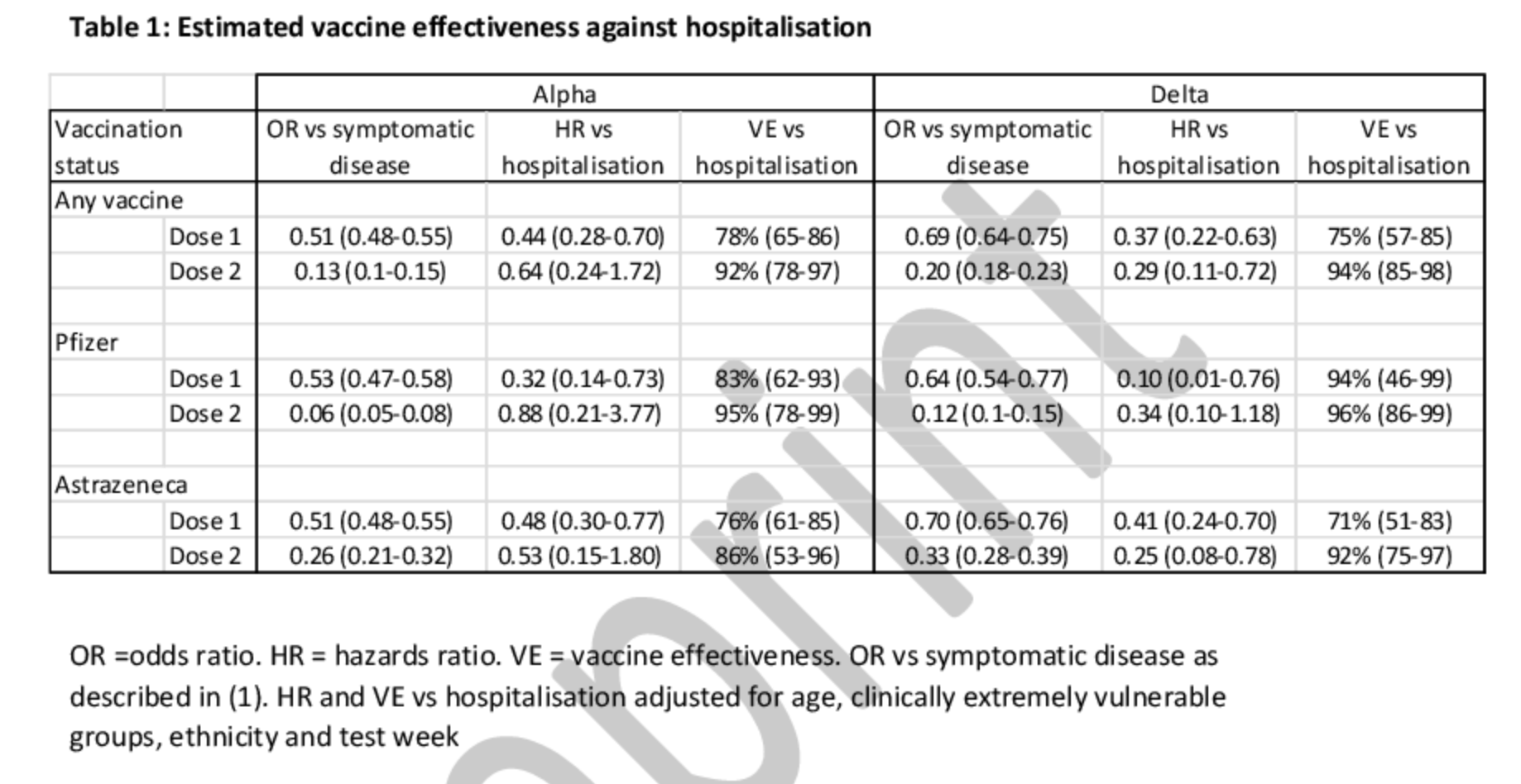Dante
Average bang
When I was getting my first AZ vaccine, the nurse told me I'd have to wait 12 weeks for the NHS to text me about a second dose. But I couldn't be arsed waiting that long, so I thought I'd take a look to see what I could wrangle on the booking website. Thankfully, I've managed to manually get myself an appointment using only my NHS number.
The confirmation message seems to be fully aware that it's my second jab, so everything looks above board. The website also appeared to filter dates exclusively starting from 8 weeks after my first, so the timings appear to be getting tracked safely.
I'm happy with all of that. I've just saved myself 4 weeks of waiting. I think it's because I voluntarily chose AZ despite being under 40. It means I've somehow been included in one of the priority cohorts as a result.
The confirmation message seems to be fully aware that it's my second jab, so everything looks above board. The website also appeared to filter dates exclusively starting from 8 weeks after my first, so the timings appear to be getting tracked safely.
I'm happy with all of that. I've just saved myself 4 weeks of waiting. I think it's because I voluntarily chose AZ despite being under 40. It means I've somehow been included in one of the priority cohorts as a result.



 I was hoping our internet speed would improve, but no dice.
I was hoping our internet speed would improve, but no dice.